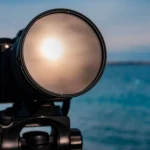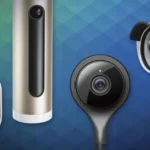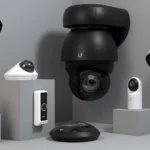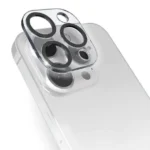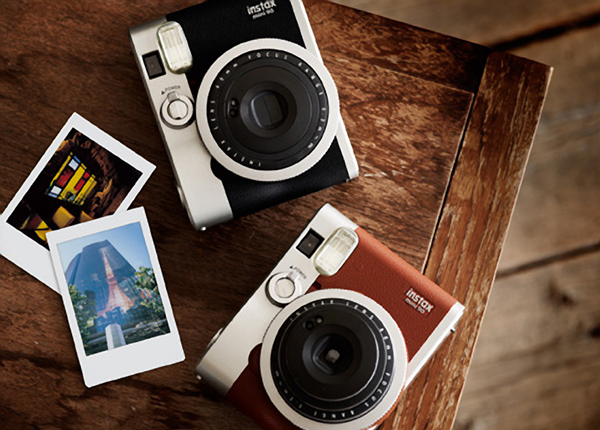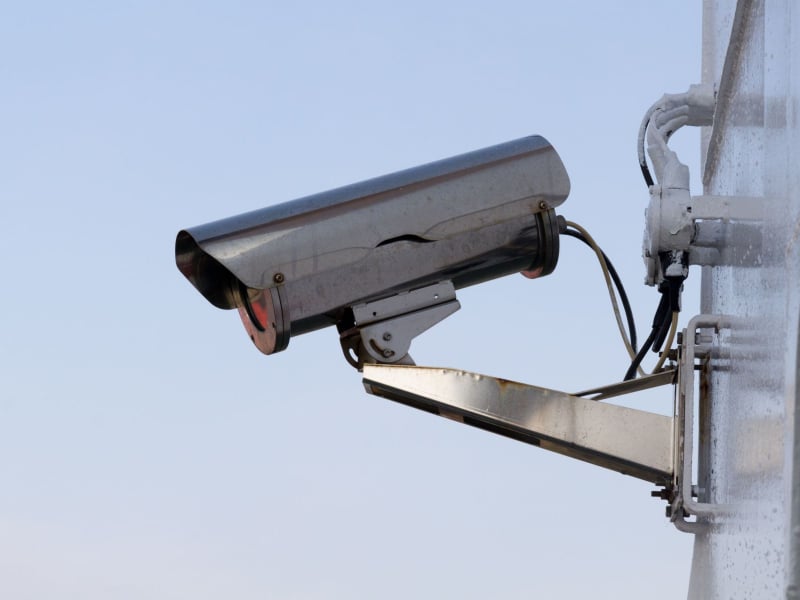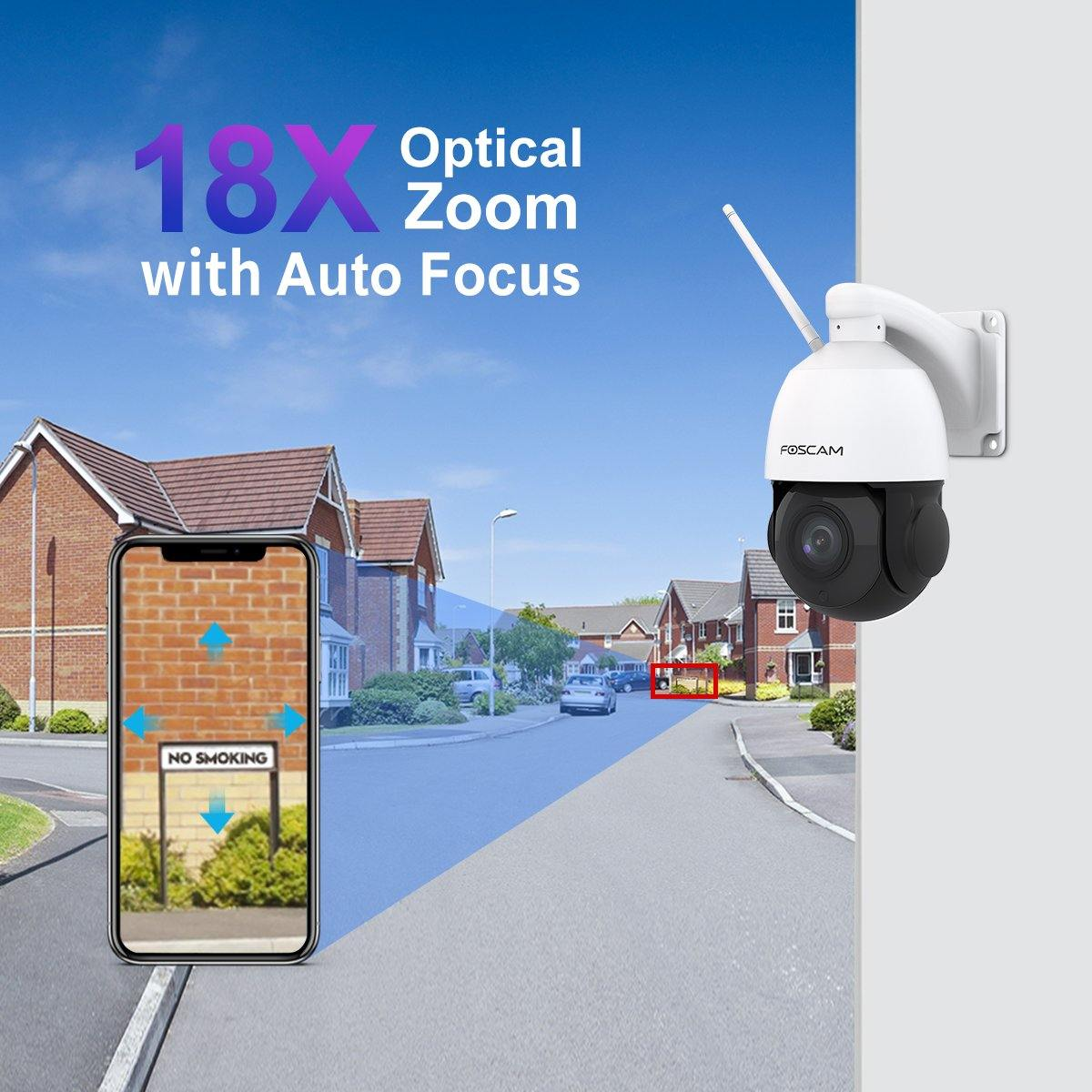Seeking the ideal CP 55mm filter to boost your photography? Options like the Hoya Circular Polarizer, B+W 55mm Polarizer, and Lee Filters provide exceptional performance in reducing glare, intensifying colors, and ensuring compatibility with most lenses. This comprehensive guide explores the finest filters, how to choose them, and expert techniques to use them effectively.
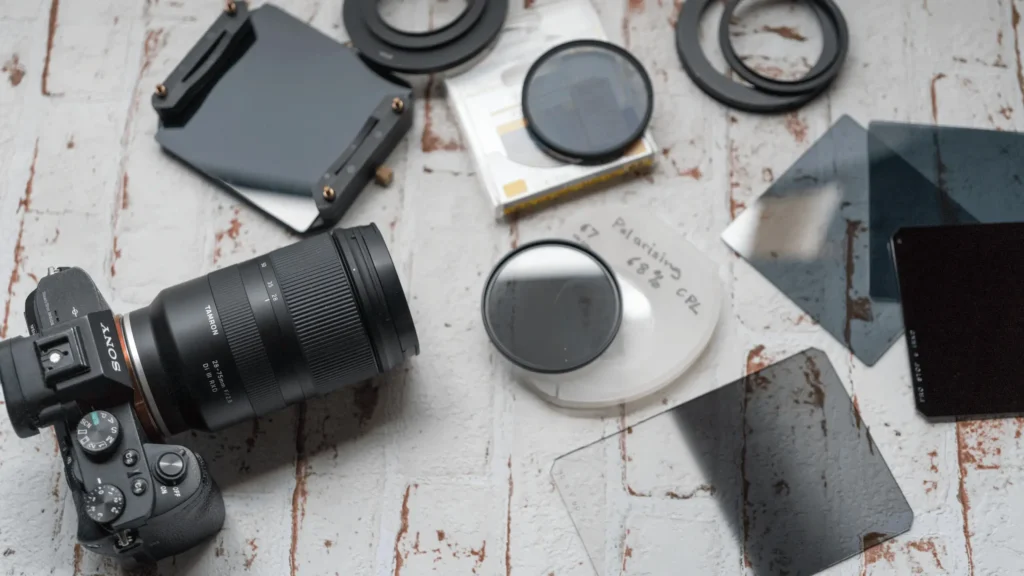
Content
Understanding Circular Polarizer Filters
A circular polarizer filter (CP filter) is a powerful tool for photographers aiming to enhance image clarity and vibrancy. By blocking polarized light, these filters minimize reflections from non-metallic surfaces like water and glass, while enriching the colors of skies and foliage. Unlike UV filters, which are primarily for lens protection, CP filters actively contribute to creating more dynamic and professional-looking photographs.
Choosing a 55mm Polarizer Filter
Why Opt for 55mm Filters?
Designed to fit lenses with a 55mm thread size, these filters are versatile and cater to a wide range of cameras. Their compact design makes them a popular choice among photographers who value portability without compromising quality.
Key Benefits of 55mm Polarizers
- Compatibility: Fits lenses across DSLRs and mirrorless cameras.
- Enhanced Visuals: Improves image quality by reducing haze and intensifying colors.
- Ease of Use: Simple installation and rotation for achieving the desired effect.
Top CP 55mm Filters
Hoya Circular Polarizer 55mm
This filter is celebrated for its blend of affordability and performance.
- Features: Multi-coated optics to minimize glare and reflections.
- Build: Durable aluminum frame ensures longevity.
- Ideal For: Beginners and intermediate photographers focusing on landscapes.
B+W 55mm Polarizer Filter
A premium option, this filter delivers professional-grade results.
- Features: High Transmission Coatings (HTC) for superior light management.
- Durability: Robust brass construction prevents jamming.
- Ideal For: Advanced users seeking top-tier image quality.
Lee Filters Polarizer
Known for its precision, this filter is perfect for professionals.
- Features: Scratch-resistant glass and precise rotational adjustments.
- Compatibility: Works seamlessly with wide-angle lenses.
- Ideal For: Landscape and architectural photography.
Expert Guide to Selecting the Perfect Filter
Build Quality
High-quality materials, such as multi-coated glass and brass frames, ensure long-term performance. Filters like the B+W Polarizer excel in delivering durability alongside excellent optical clarity.
Optical Coatings
Filters with anti-glare and waterproof coatings are ideal for various shooting environments, ensuring minimal distortion and maximum color vibrancy.
Budget Considerations
While affordable options like Hoya Circular Polarizers cater to beginners, professionals often prefer premium models like Lee Filters for advanced features and performance.
Mastering the Use of CP Filters
Step-by-Step Application
- Attach the CP filter securely to your lens.
- Rotate the filter while observing through the viewfinder to adjust its effect.
- Check for even darkening or reflection removal before capturing the image.
Specialized Tips
- Landscapes: Adjust to darken skies and boost contrast.
- Water Photography: Cut through surface reflections to reveal underwater details.
- Architectural Shots: Minimize glare from glass windows for sharper compositions.
Final Thoughts
Selecting the best CP 55mm filter is crucial for elevating your photography. Whether you prioritize affordability with Hoya Circular Polarizers, premium performance with B+W Polarizers, or professional precision with Lee Filters, there’s a solution for every need. Choose wisely, and start capturing breathtaking, vibrant images with ease.
This original and plagiarism-free guide ensures your journey toward exceptional photography remains both informative and engaging.
Frequently Asked Insights
Can CP Filters Be Stacked?
Yes, stacking a CP filter with neutral density or UV filters is possible but should be done cautiously to avoid vignetting or image degradation.
How Do CP Filters Differ from UV Filters?
While UV filters protect lenses from dust and scratches, CP filters actively enhance image quality by manipulating light polarization.
Should CP Filters Be Used in Low Light?
Since CP filters reduce light by 1–2 stops, it’s advisable to remove them in low-light settings to prevent underexposure.

I’m Kelly Hood! I blog about tech, how to use it, and what you should know. I love spending time with my family and sharing stories of the day with them.

